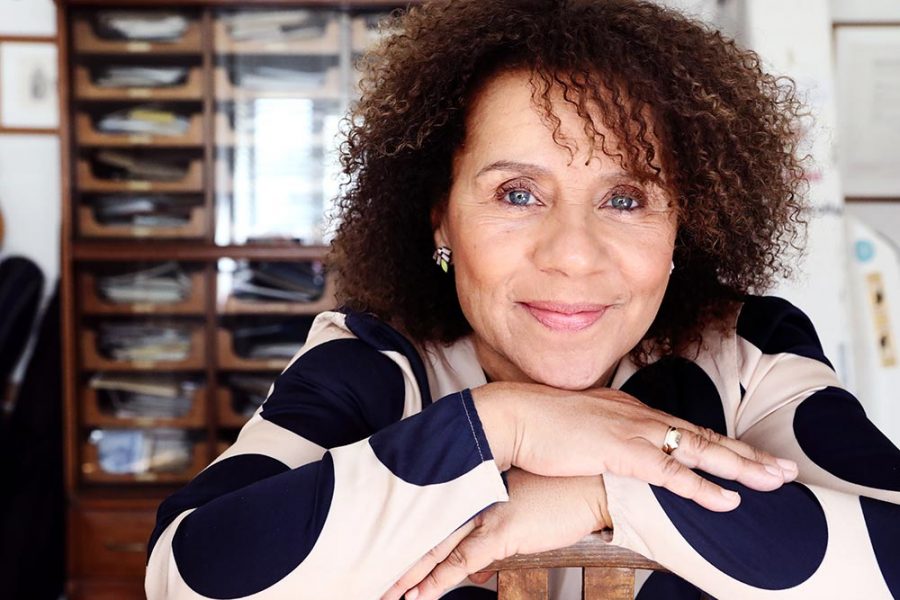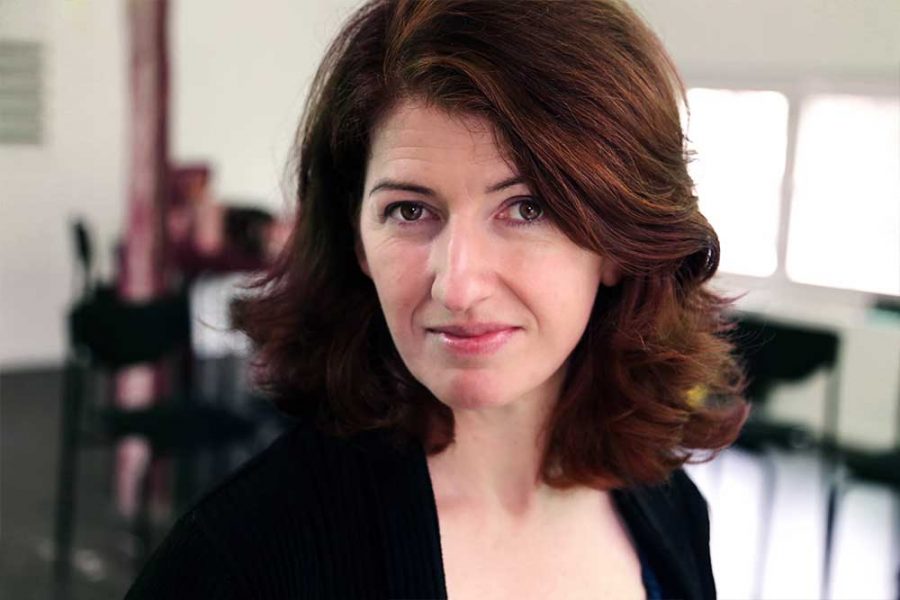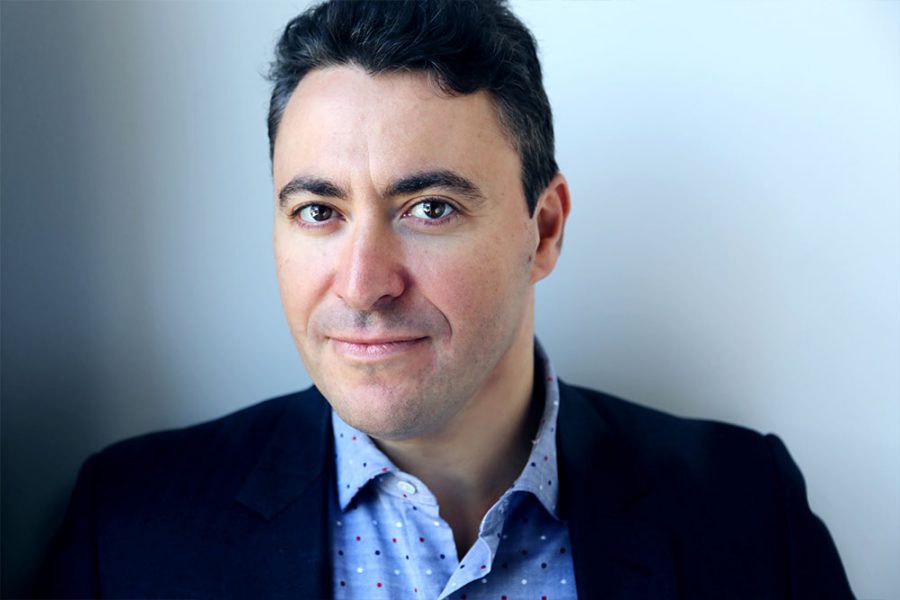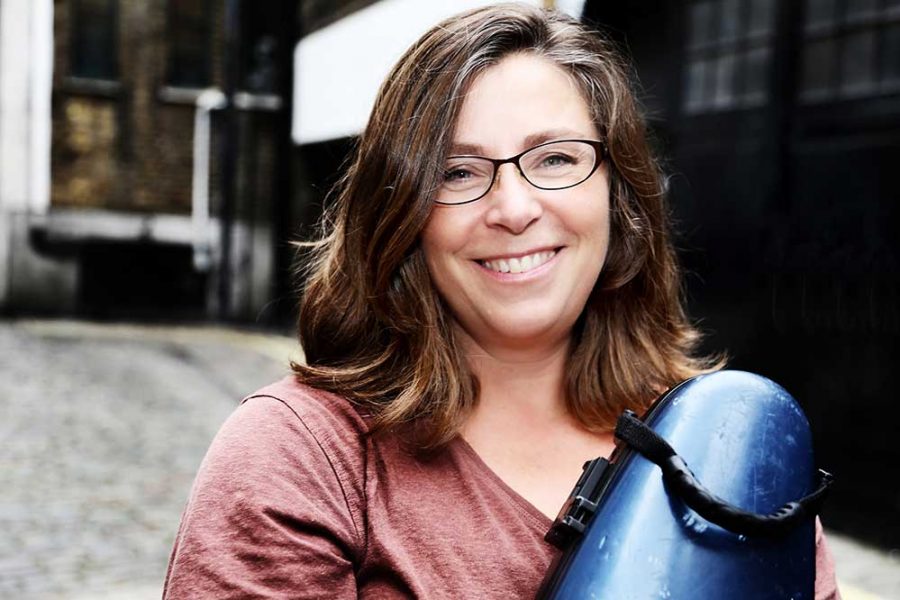Finding the Right Sound with Trumpeter Niall O’Sullivan

October 2015
Words by
Emer Nestor
Photos by
Frances Marshall
Niall O’Sullivan is fast becoming one of the finest trumpeters on the classical/jazz circuit. Having cut his performance teeth in Ireland’s Artane Boys’ Band, O’Sullivan has gone on to study at the Royal College of Music, London, and share the stage with international artists such as Tom Jones, Michael Bublé, Amy Winehouse, Dionne Warwick and Perry Como, to name but a few.
He is in constant demand for his versatile command of styles ranging from Classical to Jazz, and Broadway to Big Band. The Irish trumpeter has performed as soloist with the RTÉ National Symphony Orchestra and the RTÉ Concert Orchestra. He has also worked under acclaimed maestros such as Bernard Haitink, Valery Gergiev and Sir Colin Davis.
We caught up with O’Sullivan following the release of his latest album, Niall O’Sullivan and Friends, to chat about the inspiration behind the project, his collaboration with Julian Lloyd Webber, being a brand ambassador for Schilke trumpets, and his exciting performing career so far.
I decided when I was 13 that I would get all my grades and become a trumpet teacher."

Did your time with the Artane Boys’ Band inspire your decision to become a full-time musician?
Yes, absolutely. I started in Artane aged 8. We would be in the band complex a minimum of five days a week for two hours. It was sometimes seven days a week during the summer periods with engagements such as Croke Park for the GAA matches. I believe Artane gave me a great foundation in music and also the discipline required to be a musician. While my friends were playing football, hurling, soccer, etc…, I was in the band and very happy to be there. It was where I felt most at home. I decided when I was 13 that I would get all my grades and become a trumpet teacher. At that age I didn’t really know what performing opportunities were available to a trumpeter, apart from being in an orchestra or military band. When I joined the National Youth Orchestra of Ireland, I got an even greater buzz performing and that was when I decided to be a performer forever more.
Despite studying at postgraduate level at the RCM and DIT, you did not complete your undergraduate degree at the RIAM — is this something that you would consider going back to down the line, or do you think that the academic structure of a BA/BMUS is not suitable/necessary for everyone interested in pursuing a career in performance?
At this stage I don’t ever see myself going back to do an undergraduate music degree. I have had several offers to study at Doctoral level and I will pursue them for sure at a later stage.
I don’t believe a BA/BMUS is a necessity for a musician and it certainly didn’t suit me. I decided to devote all of my time to performance studies. It does help to have one of these degrees when applying for certain jobs and I believe the structure that these courses offer is vital for some students. I would encourage everyone to pursue a BA/BMUS if they are serious about working in music. But if I did complete my course, I would probably not be doing what I am doing now and I wouldn’t change all that has happened to me for anything.
I was teaching a lot when I left school. As the years passed, I was turning down more and more performance work. My heart was in performing and that’s when I decided to audition for the UK Colleges. I was offered scholarships to several conservatories for postgraduate studies. I went to the Royal College of Music, London, where all I had to do was play trumpet all day long. I also took classes from some of the top performers and teachers in the world including Chris Martin (Chicago Symphony Orchestra), Reinhold Friedrich, Mark O’Keeffe (BBC SSO), Guy Touvron and Gabriel Cassone, to name a few.
After the RCM, I returned to the DIT Conservatory and my former teacher Eamonn Nolan of the RTÉ Concert Orchestra. His knowledge of jazz and classical music is incredible.
Was your first love Jazz or Classical — how do you reconcile both styles within your artistic philosophy?
I heard Louis Armstrong play and sing ‘Hello Dolly’ long before I heard the Haydn trumpet concerto, but it was the theme tunes to The Sunday Game and Match of the Day that first attracted me to the trumpet.
I got massively into classical music in my teens (solo trumpet and big symphonies) and started exploring different jazz musicians later on. When I’m putting together a solo show or album I don’t worry about mixing genres. If I’m performing a ‘classical music’ concert I like to play works from the baroque and classical era and sometimes I include modern works.
The show I am currently touring, Niall O’Sullivan and Friends, mixes movie themes, pop songs, jazz standards, classical works and tangos. So far, we have had three shows and three standing ovations. I feel the variety keeps the listener interested and shows the trumpet in many different lights.
Who do you count among your current musical influences?
I am a big fan of sopranos. I love Angela Gheorghiu, Anna Netrebko, Renée Fleming and of course Danielle de Niese, who I was fortunate enough to collaborate with on my new album. I absolutely love the human voice. I think it is the most beautiful instrument in the world. I love to listen to the great pop vocalists like Whitney Houston, Christina Aguilera…recently I saw Hozier live in concert. The range and quality he has in his voice is extraordinary.
In terms of trumpet players, I listen to the jazz greats: Miles Davis and Chet Baker, Clifford Brown etc…. Pop jazz trumpeter Chris Botti has a wonderful recording and performing career. He has been very supportive and encouraging to me over the last two years. His records are stunning.
On the classical side of trumpet playing, I love Hakan Hardenberger and Alison Balsom to name just two. Her version of ‘Eternal Source of Light Divine’ is probably the most beautiful thing I have ever heard. There are way too many great classical and jazz trumpet players to mention. I love discovering new artists online and hearing what interesting things they are doing.

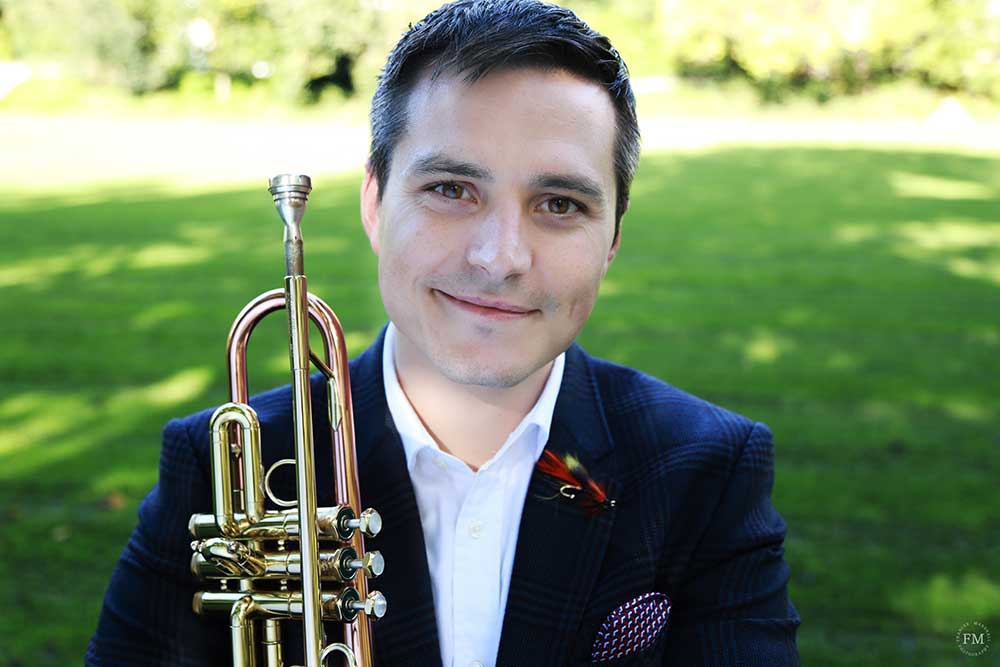


They always felt extremely comfortable to play and helped me create the sound I wanted and had in my head. As a trumpet player we are always searching for the perfect mouthpiece and instrument."

You have built up a vibrant career in Ireland — how does the classical music/jazz scene here compare with that of the UK and America?
I have been fortunate to perform in well programmed concerts here in Ireland. If I perform works by Haydn, Handel, Bach etc…, these concerts are generally full. If I perform a concert on the lighter side (cross-genre), it tends to be in front of a different audience who would not normally attend an instrumental concert. Thankfully these are also sold out. I am definitely seeing more and more familiar faces at these performances. If lesser known works are performed I think it is fair to say that the attendance is not as good.
How it compares to the UK and America…I’m not so sure about the UK any more as it was almost ten years ago since I lived there. When I was in London I was very focused on classical music. Concerts were generally full and not just for the big orchestras, LSO, LPO, BBC SO, RPO etc…. The RCM concerts were jammed, from solo recitals to symphonic concerts.
The jazz scene in the USA is massive. As the home of jazz, people will pay top dollar to see the big stars and they will sell out venues from the small jazz clubs to massive theatres. The lesser known performers still get a decent audience on club dates; people are open to discovering new artists and if they don’t enjoy the music they may at least like the food on offer. It’s a night out and not just a concert/performance.
Every classical music concert I have attended in America was a total sell-out, from the symphony halls to massive outdoor venues. A lot of the orchestras survive through philanthropy. They are very well supported and cherished in their community.
How did you get involved with Schilke trumpets?
When I was fifteen I purchased my first Schilke trumpet. Several years later, as my career developed, I bought one of their piccolo and Eb trumpets. They always felt extremely comfortable to play and helped me create the sound I wanted and had in my head. As a trumpet player we are always searching for the perfect mouthpiece and instrument. For a couple of years I tried another brand of trumpet (Bb only) but it could never compare to how my old Schilke felt and played. After my first album I made contact with the president of the company and we hit it off. As a brand ambassador for the greatest trumpet company in the world — recently described as “the ‘Steinway’ of trumpets” — they have supported me every step of the way since joining the ‘Schilke’ family. They invited me to the NAMM conference in Los Angeles 2014 where I got to hang out with some of the biggest trumpet players in the world and represent the company. I was over in their factory in Chicago early this year playing one of their latest models, the Schilke ‘i32’. Out of all the things that have happened in my career so far, this endorsement is the highlight.
What was it like to have your debut album enter the Classical iTunes chart at #1 in Europe and what motivated your decision to put the recording out there?
I toyed with the idea of making a recording of ballads (trumpet and strings) for many years before I actually started the process. My main focus at the time was on winning an orchestral job. On returning home from London there was more than double the amount of trumpet players on the scene in Dublin than there was before I left for the UK. I had more free time than I wanted so I saw it as the perfect time to start this idea of recording some solo material. It took eighteen months to make the first album. I would work for a number of months and save every cent. Then I would book studio time and musicians for a few days at a time. Dealing with all the administration work attached to recording was exciting…but a very long process. In an ideal world I would like to just play the trumpet, but until I find the right manager, agent and/or label that I can trust to do things the way I want then, I’m happy to keep control of my business. I have of course made mistakes along the way but overall we are ticking away very nicely.
Having the first album reach #1 iTunes Classical Charts on its first day was unbelievable. I didn’t know what genre to put the album in as it has such a mix of styles on it. After looking at other ‘classical’ artists on iTunes, it was really the only category I could fit into. I literally couldn’t believe it when I saw it sitting there at #1. I was fortunate to reach #1 on the Jazz charts in Jan 2014 for the Ballads EP. It’s nice to see that all your hard work is appreciated by people.
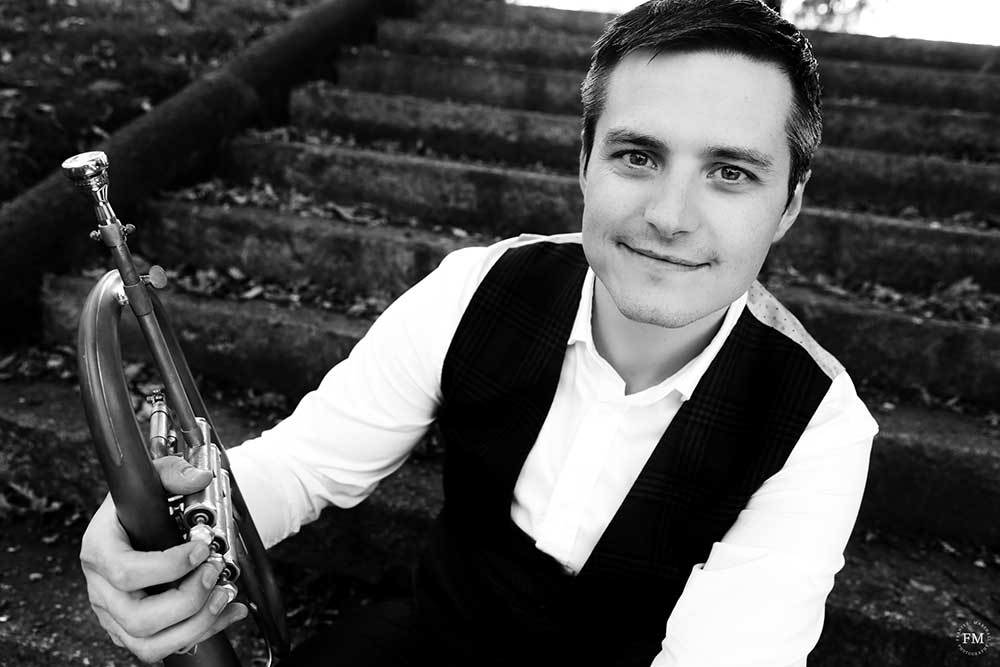


Do you have any top tips for students interested in taking up a career as a trumpeter?
Apart from the obvious, ridiculous amounts of practice and listen to all styles of music and performers. If there is any other thing that you are considering doing other than trumpet, pick the other thing. You need to be 100% committed to the trumpet. It is an extremely unforgiving instrument. When you are not performing or practicing, you will be thinking of the trumpet. It’s like any relationship…it needs full commitment for it to work.
If you think it is the career for you, go to as many concerts as possible, and listen to good singers and musicians. Find a teacher who you get on well with and listen to what they say, but do question what they say to make sure you absolutely understand their method and thinking. Ultimately, only you know what is working for your own development. Do take lessons from different teachers locally and internationally.
Most importantly, listen to your sound and try to make it the most beautiful and purest sound possible.
Having played alongside an eclectic array of musical forces, do any particular performances stand out for you?
I have worked with so many great artists, from TV to concert work, bands to orchestras. Performing with Dionne Warwick was an experience. She was absolutely dedicated to the music and she certainly knew what she wanted from the ensemble. She was sensational in concert.
I love performing with artists I grew up listening to…Sharon Shannon, Colm Wilkinson and the Pogues are just a few. Playing with the Pogues in the RDS was amazing. The energy in the venue was electric. Stand out concerts in the National Concert Hall include working with composers Lalo Schifrin and Michel Legrand. We are so fortunate to have incredible performers here in Ireland, especially our opera singers. It is great to hear and perform with local talent, we need to stop exporting all our performers and provide them with more opportunities.
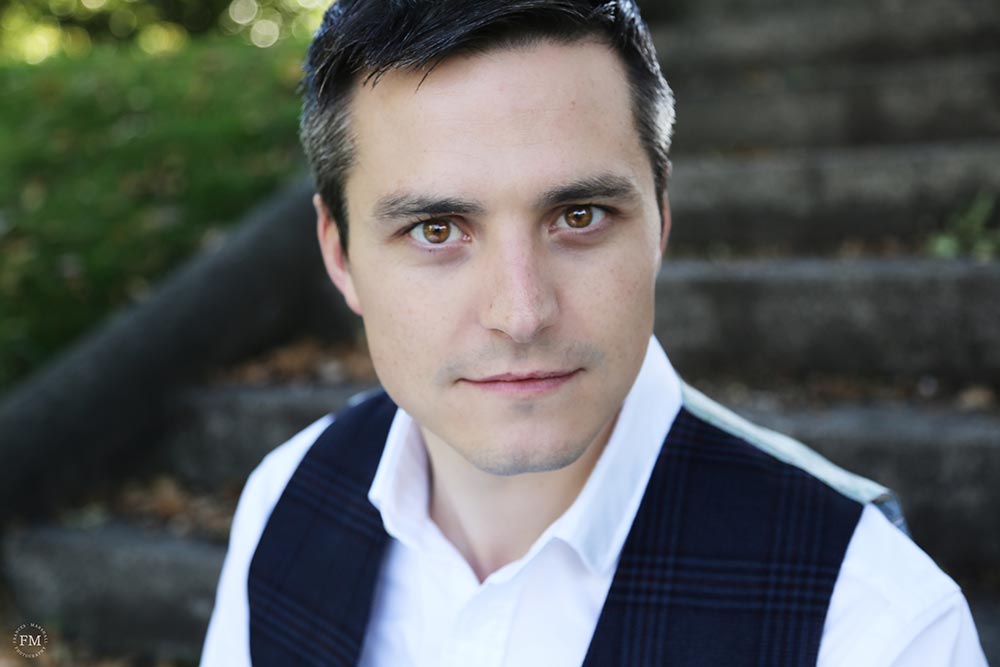

Tell us about the inspiration behind your forthcoming album and your collaboration with Julian Lloyd Webber.
In 2011, the day I released my first album, I made a decision that I would not make another full album unless it was with an orchestra. I was hopeful that it would be the RTÉ Concert Orchestra. I am incredibly proud of my first album and all that it has afforded me. It was a great introduction for me into the recording industry. I learned so much about how it works and what exactly is required to put out a successful album.
In 2013 I knew it was time to get another album out there and I started to jot down ideas. I knew I had to make this album remarkable and in order to do that I needed to work with the best in the business. On hearing of Julian’s retirement from cello playing, I wondered what I would do if I had to give up playing the trumpet. The answer is music production. Immediately, I thought: this is the man I need to produce my album. Julian has massive experience recording. He has played with so many of the greatest orchestras and artists in the world.
I touched base with Julian’s management and from there the plan was hatched. With guidance from Julian and coproducer/arranger Gavin Murphy the songs were chosen, and I set out to find the finest artists in the world to collaborate with. We were so fortunate to work with Danielle de Niese, Kim Criswell, Lisa Lambe, Emmet Cahill and jazz guitarist Larry Carlton for this album.
The inspiration for Niall O’Sullivan and Friends was to record beautiful songs with world-class artists. I called it ‘Niall O’Sullivan and Friends’ as there are so many friends involved in this project and the support I received along the way was phenomenal.
All images displayed in this article are subject to copyright.
Share this article


